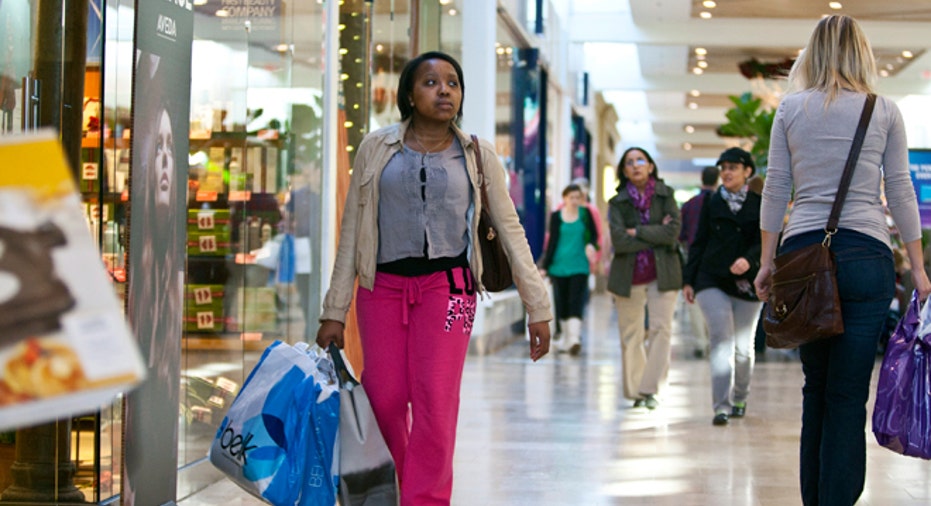Malls pursue lesser-known stores - WSJ

Landlords of top U.S. malls used to rent most of their space to the biggest national retailers, which boasted the best credit and the most desirable selection of goods. Now they are looking beyond big chains and toward lesser-known retailers and startups that started online but have amassed customers and brand recognition. The reason: such retailers tend to offer novel products that resonate with web-savvy customers, particularly millennials, a massive group of potential customers landlords are eager to cultivate. Century City, a recently opened 1.3 million square feet open-air mall in west Los Angeles, has a larger-than-average number of tenants that started out as e-commerce retailers. Candy boutique Sugarfina, clothing retailers Bonobos -- now a unit of Wal-Mart Stores Inc. -- and Untuckit, eyeglass retailer Warby Parker and Amazon Books all have opened stores in the center, which had been renovated by Westfield Corp. Some of these stores are showrooms and don't carry inventory so customers will have their purchases delivered to them or they could pick up their purchases at the store at a later time. Such stores take up less square footage since they have don't need to hold inventory at the back of the store. "The nature of retail is changing dramatically but consumer desire for new and unique products is still very strong," said Peter Huddle, executive vice president of development at Westfield. "Many of these digital brands are ahead of the curve when it comes to understanding what is driving consumer sales and how to market in this new era." In the past, a startup without a big portfolio of physical stores could hardly get space in class-A malls. Landlords had doubts about their longevity and their ability to operate stores successfully. "They would never put you in a Century City or Short Hills mall," said Corey Bialow, chief executive at Bialow Real Estate LLC, a firm that represents retail tenants. "Mall developers are now very aggressive in enticing online retailers with favorable rent deals." The risk for landlords in embracing younger retailers is that their tenants have shorter track records and might peter out. Clothing retailers Boston Proper and Nasty Gal Inc., for example, opened physical stores but eventually closed them after a few years. But analysts think betting on upstarts is a risk worth taking at a time when the retail industry is being reshaped by online shopping and changing consumer preferences. "If you don't do that today, you're not innovative and I think your real estate actually has intrinsically lost value," said Anthony Buono, executive managing director of retail services at CBRE Group, a real-estate consultancy. "A lot of increase in value in real estate is because of the newest and most interesting, most unique brands that have been formed in food and beverage, in digital, in women's ready to wear, in men's ready to wear, in other forms of entertainment uses," Mr. Buono added. The volume of physical stores occupied by retailers that started online stood at 140,209 square feet this year through the end of October, up from 15,435 square feet in 2012, according to real-estate data company CoStar Group, which tracked 22 online retailers that have stores in the country's top 300 enclosed malls and lifestyle centers. While this is a growing fraction of the overall square footage of retail space, it is still small, representing just 0.05% of the occupied rentable building area of these malls. The leases tend to be at least one year and don't include occupants of pop-up stores that are typically dedicated to a regular rotation of new retailers. Not all landlords are benefiting equally from online retailers' expansion from clicks to bricks. These new tenants are picky over where to open a store and prefer to be in markets where they already have online customers and where there is are potential new customers. They usually stick with class-A malls in areas with large populations and higher incomes. "We look at each region and we don't have a mandate to be mall-specific, " said Drew Green, chief executive officer of Indochino, a Vancouver-based retailer of custom-made suits. The company has recently opened its 18th showroom in Seattle last Friday, and plans to open 18-20 more in the U.S. next year. It has stores in malls such as Tysons Galleria in McLean, Va., and King of Prussia Mall in King of Prussia, Penn., as well as street-front locations in New York, San Francisco and Boston. "We definitely reject more [offers of space] than we approve," said Mr. Green, adding that Indochino is profitable and its stores break even in six to 12 months. Some emerging retailers that started online, as well as older retailers, said that having a physical store minimizes costs of shipping and returns. "Five years from now, we won't be debating whether 'e-tailers' are taking share from 'brick-and-mortar retailers,' because they are all the same," said Citi Research analysts in a recent research note. Write to Esther Fung at esther.fung@wsj.com



















